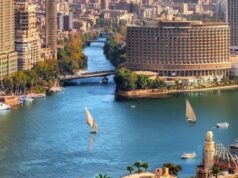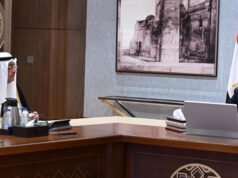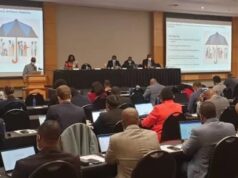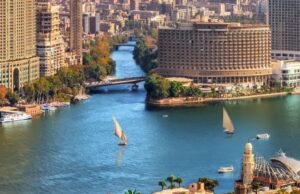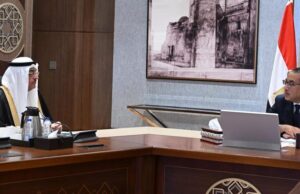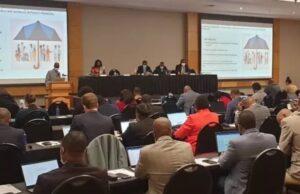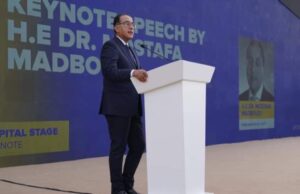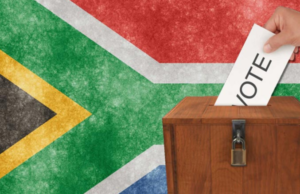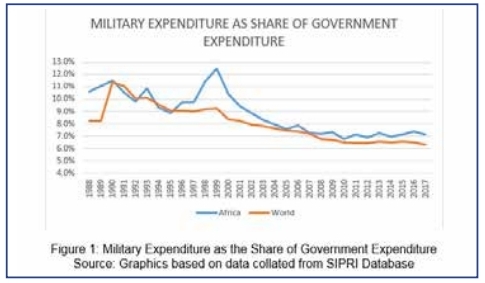
A perpetual dilemma faced by many African governments is what should be the economic priority; guns or butter? In other words, defense allocation or social spending, which one gets precedence? In the absence of a clear model, indicating an ideal mix of guns and butter for a government, most of these countries that face internal turmoil, the threat of external aggression, etc keep the guns swinging; whereas welfare economics instructs that people’s needs are paramount.
While one examines the current trends in global defense expenditure, many interesting facts emerge. None of the African countries prominently figure in the first high spenders on defense. As of 2021, the latest figures available, the United States, China, India, the United Kingdom, and Russia top the list. They together account for 62 per cent of defense expenditures. None of the African countries figure high, as top rankers in the first ten, going by the ratio of defense expenditure to the GDP. Yet, a report by Stockholm International Peace Research Institute (SIPRI) points out that in 2021, African countries together spent US$39.7 billion on military hardware, this may pale into insignificance as compared to budget allocations of the US, China, India, and the UK. But these expenditures should be seen against the backdrop of the heavy indebtedness of these countries, which is crippling their development activities. Most of them are depending on loans from multilateral lending organizations to pay out for their excessive imports of essentials. There are also isolated cases of sovereign defaults.
The question then boils down to whether the countries in the region can afford to spend on defense, however, minuscule those amounts allocated under that head? Before getting into that debate, it is important to analyse internecine expenditures of countries or at least the high spenders in the region. Often, an available database maintains two different categories viz. North Africa and Sub-Saharan Africa, while computing military spending. North Africa’s share is the highest for defense expenditure ostensibly due to higher imports. Figures for 2021 indicate that Algeria had the highest defense spending budget in Africa, around US$10 billion U.S. as the country ranked 23rd in the world. Nigeria and Morocco followed, with a budget of roughly US$5.9 billion and US$5.4 billion, respectively. Some of the poorer countries like the Democratic Republic of Congo (DRC) have a defense budget of close to US$ 3 billion as of 2021, which is not warranted by its resource strength.
It is instructive why even smaller countries in Sub-Saharan Africa, particularly in the Sahel region, are spending more resources on defense equipment, while they have pressing basic needs like food, health, education and et al. This is because of two reasons; foremost is the growing internal disturbances. Countries like Mali, Burkina Faso, Nigeria, Sudan, etc are facing internal disturbances from multiple sources; For instance, in DRC it is mostly from the militant group M23, a group, which DRC alleges getting support from Rwanda, which the latter refutes squarely. In some other parts of Africa, Jihadists and secessionists are active including Nigeria, Burkina Faso, Mali, etc. In certain other countries like Ghana, there is an apprehension that Jihadists are slowly building their bases. These trends force vulnerable countries to reinforce their defense strength.
There is another reason which is attributable to increased military spending. Earlier, their former colonizers were deploying their forces in vulnerable regions as were the cases in Mali, Burkina Faso, etc. With the gradual withdrawal of these forces on one pretext or the other, those countries, which were enjoying protective shields, now will have to look after their internal security, necessitating more allocations. This may become more pronounced in the coming years since the withdrawal of foreign or UN forces is now nearing completion. In the meantime, there are allegations that the private army is increasingly deployed in some regions with a tacit understanding of the state machinery. There are also instances where even poorer countries are procuring sophisticated armoury as shown in pieces leading to fiscal profligacy.
National security is something that no country can ignore, especially when there are many imponderables at play, particularly the strife and internal dissension in many countries. Despite these multi-faceted security challenges faced by the continent, Africa has created a role model for tackling them by mobilizing combined forces to be deployed in many trouble-torn areas. A recent example is the heavy deployment of combined forces against the M23 group by allowing parallel peace negotiations in places where disturbances are there, particularly in countries like Nigeria, Sudan, etc, lending credence to the motto that Africans can find solutions to their own problems. These will have two spin-offs: one will optimize the expenditure on defense equipment and two; use those resources for welfare measures, thereby striking a good balance between guns and butter.



